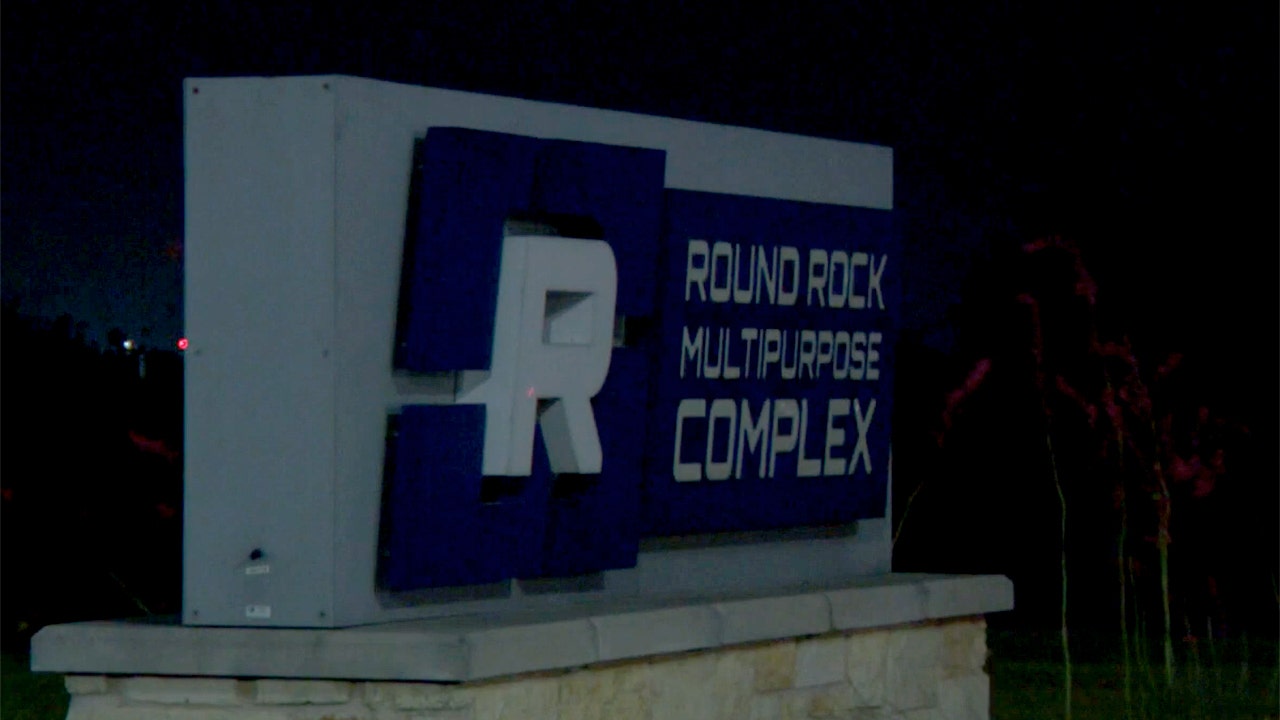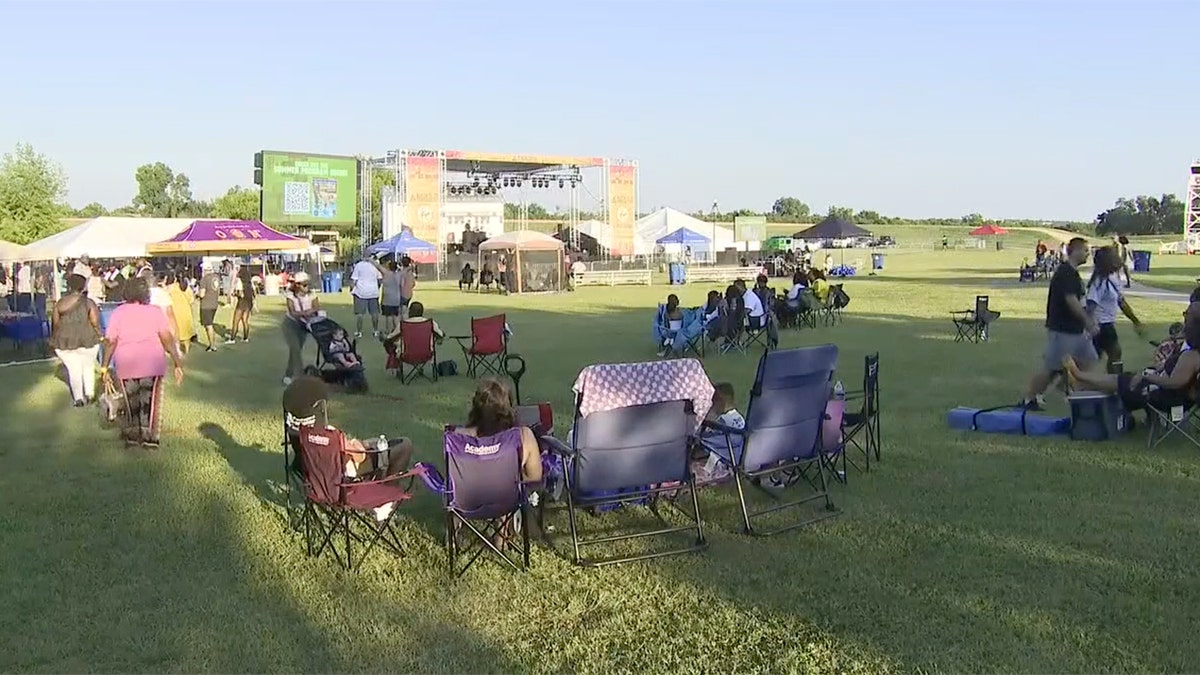Texas Juneteenth Shooting

Texas juneteenth shooting – On June 19, 2023, a mass shooting occurred in El Paso, Texas, during a Juneteenth celebration at a Walmart store. The gunman, Patrick Crusius, opened fire on a crowd of people, killing 23 and injuring 23 others.
In the aftermath of the Texas Juneteenth shooting, the nation mourns the senseless loss of lives during a celebration of freedom and equality. This horrific act of violence has brought the issue of Juneteenth shooting to the forefront, highlighting the ongoing struggle for racial justice and the need for unity in the face of such tragedy.
Juneteenth is a holiday that commemorates the emancipation of enslaved African Americans in the United States. It is celebrated on June 19th, the anniversary of the day in 1865 when Union soldiers arrived in Galveston, Texas, and announced that the slaves were free.
Historical Significance of Juneteenth
Juneteenth has a long and complex history. It was first celebrated in Texas in 1866, but it was not until 1980 that it became a state holiday. In recent years, there has been a growing movement to make Juneteenth a national holiday.
The recent Texas Juneteenth shooting has cast a shadow over the celebratory spirit of the holiday. Yet, in the midst of this tragedy, the community of Round Rock, Texas, has found a way to honor the legacy of Juneteenth. Their annual Round Rock Juneteenth festival celebrates African American culture, history, and resilience.
Amidst the vibrant music, food, and entertainment, attendees can find a sense of unity and healing in the face of adversity. Despite the challenges posed by the shooting, the spirit of Juneteenth continues to shine brightly, reminding us of the strength and resilience of the African American community.
The shooting in El Paso has brought renewed attention to the history of Juneteenth and its relevance to the present day. The shooting was a reminder of the ongoing struggle for racial justice in the United States.
In the aftermath of the devastating Texas Juneteenth shooting, the community’s resilience shines through. Amidst the grief and mourning, questions arise about everyday matters, such as the delivery of mail on the upcoming Juneteenth holiday. Is there mail on Juneteenth 2024 ?
As the nation navigates this tragedy, the search for solace and normalcy continues.
Social and Political Climate in Texas
The social and political climate in Texas has been increasingly polarized in recent years. The state has a long history of racial tension, and there has been a rise in white supremacist activity in recent years.
Amidst the horror of the Texas Juneteenth shooting, one question lingers: will there be mail on Juneteenth 2024? While the investigation continues, it’s important to remember the resilience of the community. As we mourn the victims and support the survivors, we must also plan for the future.
Will there be mail on Juneteenth 2024 ? This question may seem trivial, but it symbolizes the hope and continuity that will prevail in the face of adversity.
Texas also has some of the loosest gun laws in the country. This has made it easy for people to obtain firearms, including those who should not have them.
The Texas Juneteenth shooting, a horrific act of violence, left an indelible mark on the community. However, amidst the tragedy, a beacon of hope emerged from Round Rock , where individuals came together to offer support and solace to those affected.
The resilience of the community, even in the face of adversity, serves as a reminder that even in the darkest of times, the bonds of humanity can prevail.
The combination of racial tension and lax gun laws has created a dangerous environment in Texas. The shooting in El Paso was a tragic example of the consequences of this environment.
Media Coverage and Public Response: Texas Juneteenth Shooting

The Texas Juneteenth shooting garnered widespread media coverage, with initial reports focusing on the tragic loss of life and the ongoing investigation. As more details emerged, the coverage expanded to include interviews with witnesses, analysis of the shooter’s motives, and discussions about the broader implications of the incident.
The tone and framing of the coverage varied depending on the outlet, with some emphasizing the human toll of the shooting and others focusing on the political and social factors that may have contributed to it. The public response was equally diverse, with expressions of grief, outrage, and calls for action.
Social Media and Public Opinion
Social media played a significant role in shaping public opinion and amplifying the voices of those affected by the shooting. Hashtags such as #JuneteenthShooting and #BlackLivesMatter were widely used to express solidarity and demand accountability. Online platforms also provided a space for survivors and witnesses to share their experiences and for activists to organize protests and vigils.
Policy Implications and Future Prevention

The Texas Juneteenth shooting has laid bare the urgent need for comprehensive policy reforms to address the root causes of gun violence and hate crimes. This tragedy underscores the importance of strengthening gun laws, enacting stricter hate crime legislation, and investing in community policing to prevent similar atrocities in the future.
Policymakers must consider the following:
Strengthening Gun Laws, Texas juneteenth shooting
- Universal background checks to prevent prohibited individuals from obtaining firearms.
- Bans on assault weapons and high-capacity magazines, which are often used in mass shootings.
- Red flag laws to allow law enforcement to temporarily remove firearms from individuals deemed to be a danger to themselves or others.
Hate Crime Legislation
- Expanding the definition of hate crimes to include bias-motivated violence based on race, religion, sexual orientation, and gender identity.
- Increasing penalties for hate crimes to deter individuals from committing such acts.
- Providing support for victims of hate crimes, including legal assistance, counseling, and financial compensation.
Community Policing
- Investing in community policing programs that build trust between law enforcement and the communities they serve.
- Providing training for officers on de-escalation techniques and cultural sensitivity.
- Encouraging community members to report suspicious activity or potential threats to law enforcement.
Education, Community Outreach, and Mental Health Services
In addition to policy reforms, addressing the root causes of violence requires a multifaceted approach that includes education, community outreach, and mental health services.
- Education campaigns to raise awareness about the dangers of gun violence and hate crimes.
- Community outreach programs to foster understanding and dialogue between different groups.
- Expanding access to mental health services to identify and support individuals who may be at risk of committing violence.
By implementing these policy changes and investing in education, community outreach, and mental health services, we can create a society where gun violence and hate crimes are no longer tolerated.